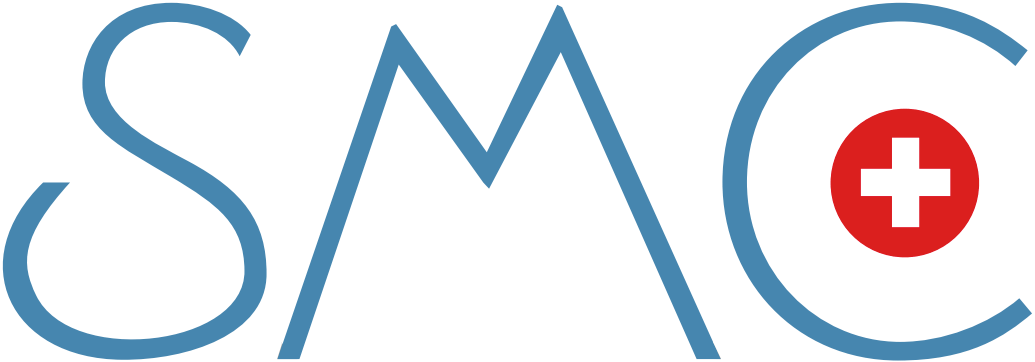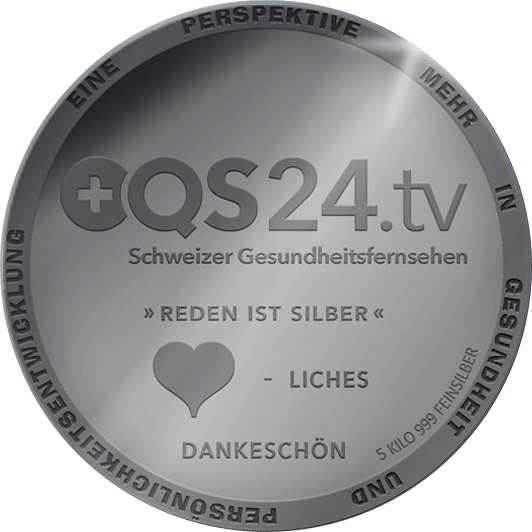Infusion therapy with choline chloride
''Keeping this vegetative nervous system harmoniously in check, which is the balance between contraction and relaxation, means: art of living''
Dr. Johann Hahn-Godeffroy
Regulation is the constant adaptation of all body functions to inner and outer stimuli through the vegetative nervous system.
Choline chloride is a biochemically manufactured highly valuable medicine. This medicine activates and strengthens the effect of acetylcholine, a substance involved in human nerve metabolism, in case of its intravenous use. Acetylcholine is actually a very important transmitter substance (NEUROTRANSMITTOR) at the switching centres of the vegetative nervous systems.
The vegetative nervous system
It controls all vital functions of the body and hence slight damage to it can have grave consequences. It is also called the involuntary nervous system – ''involuntary'' therefore, since we cannot influence it at our own will.
It regulates the functioning of all organs in the body with the most important being:
- blood supply of the brain and all internal organs
- functioning of sensory organs (eyes, ears, senses of balance, touch, taste and smell)
- functioning of the heart and the blood flow
- functioning of the lung
- digestion and intestinal activity
- functioning of the kidney and urinary bladder
- functioning of blood vessels
- functioning of hormonal glands (pituitary gland, thyroid gland, parathyroid gland), salivary gland, pancreas, adrenal gland medulla and cortex, gonads, thymus gland.
- the water and electrolyte balance, functioning of the locomotor system and the intervertebral discs
- maintenance of heat balance etc.
However, the vegetative nervous system not only controls the functioning of organs but also attunes according to their immediate needs.
It Controls the inner part of the body
The vegetative nervous system functions, in particular, through two anatomically and functionally separated parts/primary nerve cords
These are the "antagonists"
- the sympathetic nervous system and
- the parasympathetic nervous system
Both of the nerve cords function in a logical way with reciprocity and remain in a biological equilibrium in humans. Through various influences, this equilibrium may be severely disturbed which inevitably leads to a negative impact on the described functions and tasks of the vegetative nervous system.
Such influences may include:
- stress, chronic pain
- increased work stress, social problems, family burdens and worries
- inner intoxication (e.g. through intake of heavy metals), above all through damage to the:
- liver
- kidney
- skin and
- mucous membranes
- noise pollution at workplace or living in streets with excess traffic just to name a few
A thorough patient history and examination
Through examination of the vegetative nervous system (VNS), it is possible to determine the regularisation ability and adaptability of the sympathetic(regulates contraction) and parasympathetic nervous system (regulates relaxation).
Mode of use of Neurotropan
We administer choline chloride preferably in the form of a series of infusions. The infusions are normally carried out 2-3 times a week.
The big advantage of infusions in contrast to intravenous application
The medicine has a more rapid and intensive effect and is administered together with a physiological saline solution which in addition is essential for cleansing of the body.
The patient can also relax during the infusion and can clearly sense the effect of the therapy.
After the infusion which lasts for about 50 to 60 minutes, the patient remains lying for another 10 minutes in order to help neutralise the body.
Please do not hesitate to refer to me if you have any questions. Do not forget: ''Those who regulate well, function well''.




